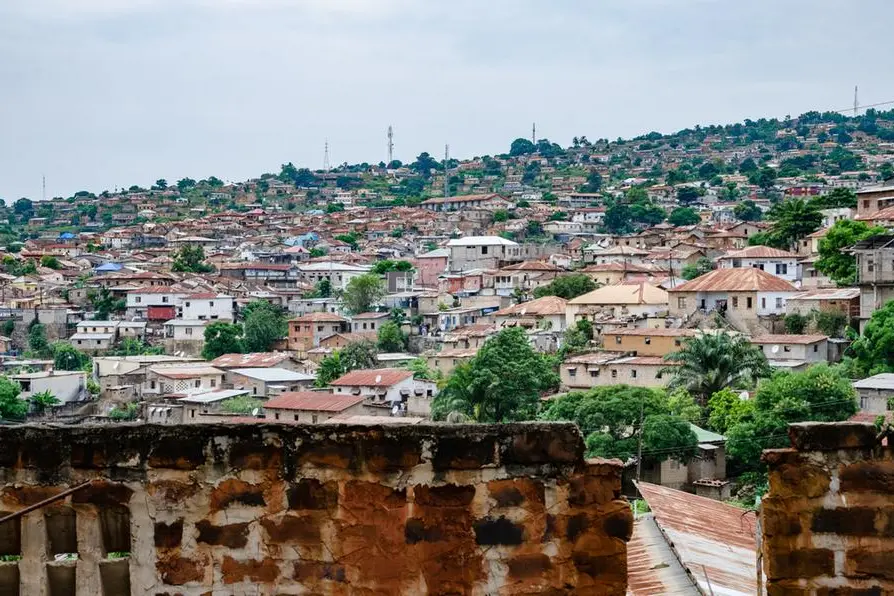PHOTO
Congolese authorities are imposing taxes on goods leaving M23 strongholds in a bid to cripple the economies of areas now under rebel control in the east of the country.
The controversial decision was announced by the provincial department of the Congolese directorate of customs and duty (DGDA) in northwest Kivu.
It said it was imposing entry tax on goods coming from areas currently occupied by the M23 rebels and the Rwandan army.
According to a statement from the North Kivu DGDA, all cargo coming from M23-controlled areas will be considered as foreign goods entering the country for the first time.“Until further notice, all goods from Goma-Ville, Goma-Aéro, Bunagana and Ishasha are considered as new imports and must be treated as such, in strict compliance with the legal and regulatory texts governing customs,” it said on Tuesday, referring to areas now controlled by the M23.
Since late January, the rebels, who Kinshasa accuses of being backed by Rwanda, have expanded their territory in eastern DRC, taking over the cities of Goma and Bukavu, the largest urban areas in eastern DRC.
But the tax decision has already sparked controversy in Kinshasa, the DRC’s capital, with some critics arguing that it could cause cracks in the unity of the country and help the balkanisation to begin.
A source told The EastAfrican that the decision stemmed from “revenue losses” to territories controlled by M23, who were allegedly collecting the duty from imports and keeping it.
In Uganda, which trades heavily with the DRC, an official at the Uganda Revenue Authority indicated that Kinshasa had advised traders to enter Congo through border areas outside of M23 strongholds.“In order to mitigate the critical revenue loss, we hereby guide that all goods to DRC shall be declared to exit through other border posts other than the following: Katuna, Bunagana, Cyanika, Ishasa River, Busanza and Kyeshero and the systems shall be configured to deactivate them temporarily from transiting goods to DRC accordingly,” a notice from URA indicated on Monday.
Uganda’s decision, the notice said, will remain in place until the political situation abates.
This decision by DGDA originated from Beni, North Kivu territory, where a temporary administration for North Kivu under the authority of the Kinshasa government was installed, including the governor, after the fall of Goma to the M23 rebels at the end of January.
And the general situation in North Kivu is currently that of bedlam. Goma, the largest city in North Kivu, has come under the control M23, which has set up a parallel administration with a governor, two vice governors, a mayor and a number of burgomasters.
Yet the province’s parts still in the hands of the Congolese army also has a governor, Major General Evariste Somo Kakule, who is attempting to reorganise the province, in anticipation of a possible assault to recover the territories lost to M23.
In Goma, the governor installed by the M23 has imposed a new trade policy, including the lifting of restrictions on the closing hours of the border with Rwanda, allowing more time for business.
Previously, Congolese traded with Rwandans at their common land border only during the day, after Kinshasa authorities ordered, in 2022, that the border be closed at 3pm. The new M23 administration extended the business hours to 10 pm.
But since Goma was taken by the M23, backed by the Rwandan army, the city's economy has been severely disrupted, according to several sources. The banking system has ground to a halt after the provincial branch of the Central Bank of Congo and all the banks closed their doors for security reasons.
The upsurge has plunged eastern Congo into a severe liquidity crisis, especially since Kinshasa controls banking operations.
© Copyright 2022 Nation Media Group. All Rights Reserved. Provided by SyndiGate Media Inc. (Syndigate.info).




















